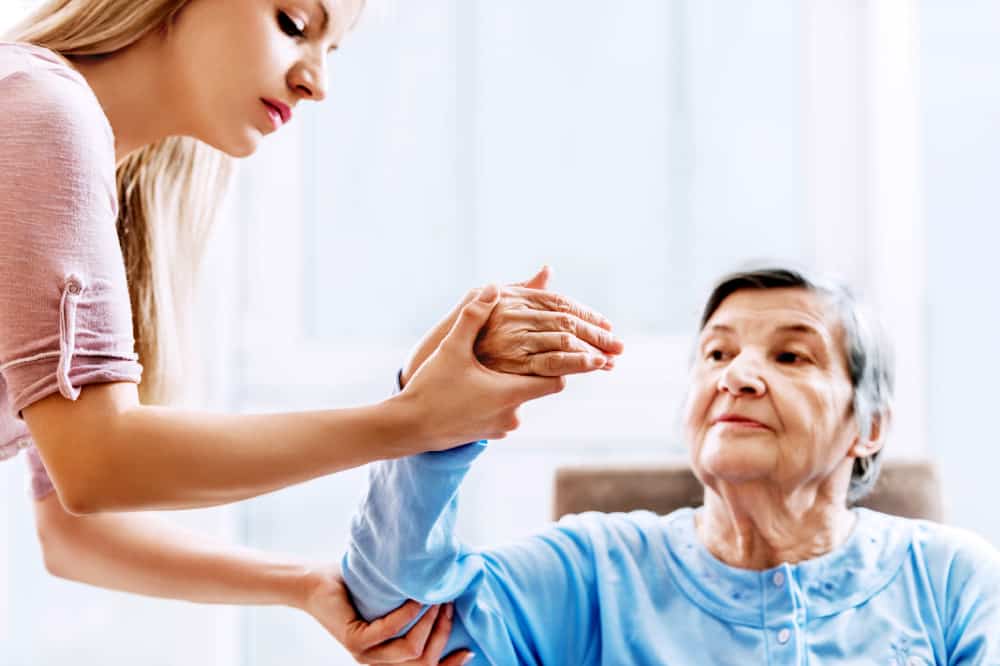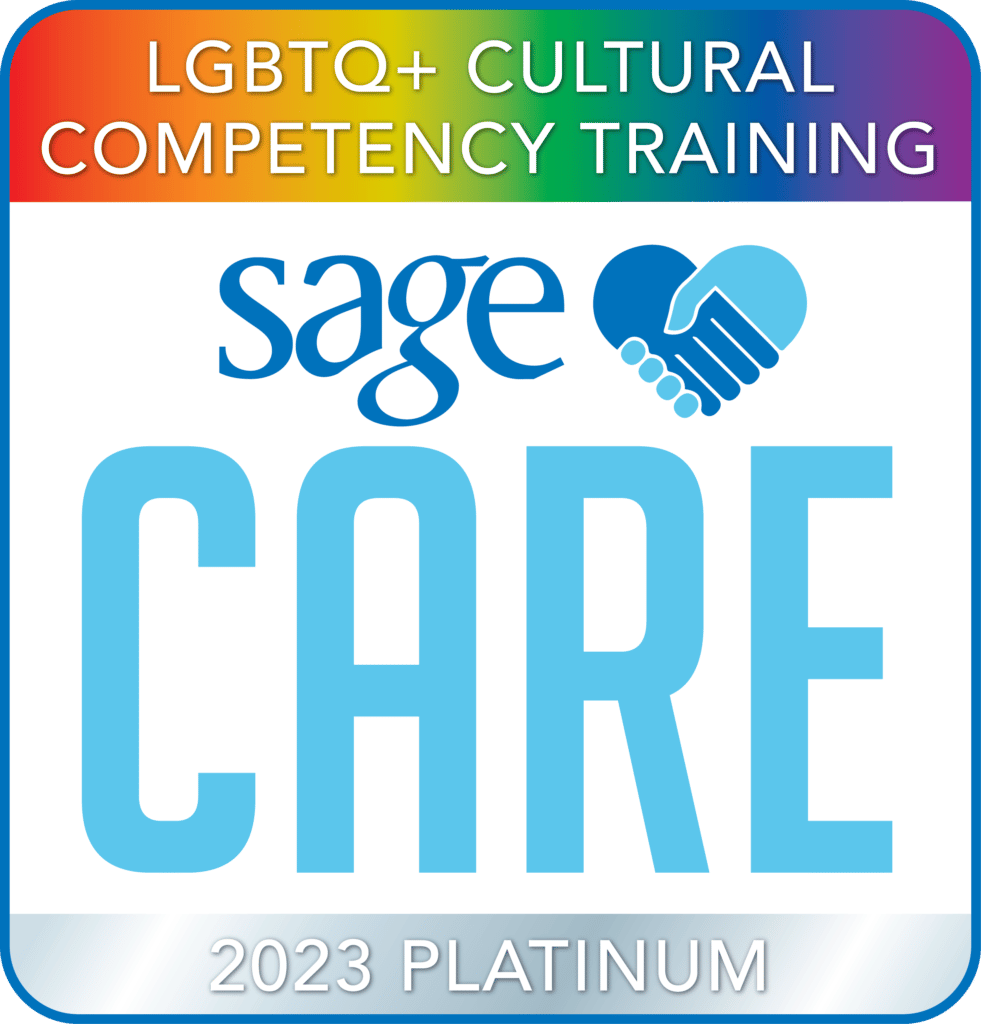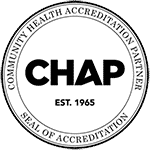A Guide to Arthritis

In the USA, over 50 million adults suffer from some degree of arthritis, making this health condition the leading cause of disability. Here’s a quick guide from our in-home respite care services team.
What is Arthritis?
This is the collective name given to more than 100 different rheumatic diseases which cause joint pain and disease. The term refers to inflammation of the joints; symptoms can be mild, moderate, severe or even come and go over time. These symptoms can include:
- Isolated pain or pain throughout the body.
- Skin around the joint becomes red and swollen, and feels warm to the touch.
- Stiffness often flares up after a period of immobility, such as sleeping or sitting at a desk. This may also occur after exercise, or in some cases, persists throughout the day.
- Experience problems with mobility such as getting up from a sitting position or bed, doing fine motor work (knitting, writing, etc.), and walking.
Common Types of Arthritis and their Treatments
Rheumatoid Arthritis.
This systemic disease typically affects wrists, fingers, knees, feet and ankles on both sides of the body. Symptoms commonly include morning stiffness for over an hour, equal joint pain on both sides of the body, loss of joint range-of-motion and joint malformation over time. These symptoms can also be accompanied by sleep difficulties, numbness or tingling in the hands and feet, nodules under the skin, chest pain and eye discomfort.
While not curable, treatments for the symptoms, include non-steroidal anti-inflammatory medications, steroids, disease-modifying anti-rheumatic drugs, and biologic agents. Doctors may also recommend occupational therapy, and dietary supplements rich in healthy fatty acids and oils, and in severe cases, surgery.
Osteoarthritis.
This is usually the result of wear-and-tear on the joints, often seen in older adults. Symptoms include pain and stiffness in certain joints, worse pain after exercise, grating sounds when the joint is used, and morning stiffness. This health condition cannot be cured or reversed, but there are treatment options to help manage symptoms. These can include pain medication, non-steroidal anti-inflammatory drugs, chronic pain medication, injections of cortisone and lubrication, and occupational therapy. Doctors may also suggest certain exercises and nutritional supplements that are rich in healthy fatty acids and oils.
Care from our NJ in-home respite care and health aide services
United Methodist Communities, strives to offer the very best quality senior independent home care options through HomeWorks. This program assists older adults in the comfort of their own homes, providing them, their families and caregivers, personalized, compassionate care that prioritizes health, happiness and independence.
In addition to medical care and daily home care, we also offer in-home respite care services.
For more information on our in-home care services and residential in-home respite care in NJ, please contact us today at https://umcommunities.org/homeworks/ .






